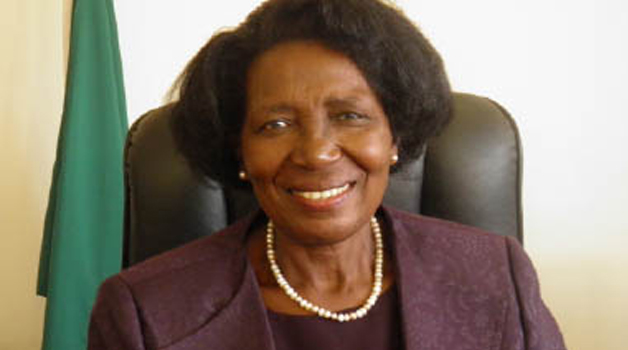By DELPHINE ZULU –
VICE President Inonge Wina has said the gender inequality gap is still wider in the African region due to non-inclusiveness of women in key positions at all levels.
She said despite the good progress and initiative made in certain areas, the journey to gender equality and empowerment of women is still far-fetched.
The Vice-President was speaking yesterday when she officially opened the 8th meeting of the COMESA Women in the region which was vital as it addressed gender equality, the empowerment of women and other social development issues affecting women in the region.
Ms Wina said recent search clearly showed that growth in Africa was not being sufficiently inclusive and equitable for all segments of the population.
“ Non inclusive growth is perharps one of the most serious challenges facing our region including my own country Zambia we can therefore no longer pretend about the huge gap between men and women in key positions,” she said.
“High gender inequality still persists in social, economy and political spheres of life, we can no longer pretend that all is well, women are still being left out even in simple management positions thereby making them vulnerable,” she said.
She said in order to accelerate inclusiveness, COMESA should focus on a review of the Gender policy and ensure that all regional countries abide with it in order to attain the gender equality and access the status of its implementation at both national and regional levels.
Ms Wina said there was need to ensure that gender was necessarily integrated in all policies and programmes at all levels and addressed limited access, productive resources, finance, land credit, employment and training.
She said the aim of this meeting which was held annually was to review the implementation of the council decision, gender policy and other initiatives shared among every country on the progress made in gender equality.
“As member States we have embarked on a process to achieve gender equality and have made considerable progress in addressing gender issues in our respective countries but more needs to be done.
“It is therefore vital that during this meeting we share and exchange information on good practices on various sectors for learning and possible adaptation and should not only share efforts driven by government but also those by civil society and private sectors,” Wina said.
COMESA acting Secretary General Kipyego Cheluget said considerable progress had been made towards the implementation of the COMESA Gender Policy review as the draft was presented to the technical committee for their input and recommendation.
“It is my sincere hope that Development partners will continue supporting COMESA’s gender responsive programme as we enhance our efforts in the promotion of regional integration agenda,” he said.
Dr Cheluget said the high profiled meeting ending today came at the historical time when Zambia had appointed a female vice-president which needed to be celebrated as it added to the gender policy being perpetrated.
Mauritius Gender Minister Perraud Marie Aurore thanked the Zambian President for appointing Ms Wina as vice and asked all women to use the platform to consolidate their commitment towards the attainment of gender equality in the region.
“There are many challenges ahead of us and we can collectively overcome them we have the capacity to make changes and make gender inequality a reality,” she said.







